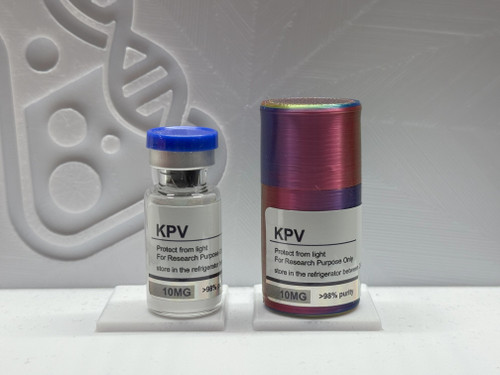Product Overview
? NAD⁺ – Research-Grade Coenzyme for Cellular & Metabolic Investigation
Synonyms: Nicotinamide Adenine Dinucleotide (oxidized form)
CAS Number: 53-84-9
Molecular Formula: C₂₁H₂₇N₇O₁₄P₂
Molecular Weight: ~663.43 g/mol
Form: Lyophilized powder or sterile solution
Purity: ≥98% (HPLC)
Use: For laboratory research only. Not for human or veterinary use.
? Overview
NAD⁺ is a ubiquitous coenzyme found in all living cells, essential for redox reactions, ATP production, and cellular signalling. It serves as a substrate for key enzymes such as sirtuins, PARPs, and CD38, which are involved in DNA repair, chromatin remodelling, and circadian regulation.
In laboratory settings, NAD⁺ is under investigation for its role in cellular energy metabolism, genomic stability, and stress adaptation. Its levels are known to decline with age, making it a focal point in aging and metabolic research.
⚙️ Mechanistic Insights
Preclinical studies suggest NAD⁺ may influence several biological pathways:
• Redox Reactions – Participates in electron transfer during glycolysis, the TCA cycle, and oxidative phosphorylation
• Sirtuin Activation – May regulate gene expression and chromosomal maintenance
• PARP-Mediated DNA Repair – Studied for its role in genomic integrity under oxidative stress
• CD38 Signalling – Explored for its impact on calcium homeostasis and immune cell function
• Circadian Regulation – Interfaces with transcriptional loops such as CLOCK/BMAL1
These findings are based on published scientific literature and are not indicative of human outcomes.
? Research Context
NAD⁺ is being evaluated in controlled laboratory environments for its relevance to:
• Cellular aging and telomere biology
• Mitochondrial function and energy metabolism
• Neurodegeneration and oxidative stress models
• Metabolic regulation and insulin sensitivity
• Cardiovascular and endothelial signalling
• Muscle cell adaptation and recovery assays
All applications are strictly limited to research use and are not intended for therapeutic, diagnostic, or clinical purposes.
? Packaging & Storage
• Supplied as sterile-filtered lyophilized powder or solution
• Store at –20°C in a dry, light-protected environment
• Reconstitute under sterile conditions using bacteriostatic water, acetic acid, or suitable diluent
• Refrigerate reconstituted solution at 2–8°C to preserve integrity
Note: Solvent compatibility and formulation protocols are available upon request for qualified research institutions
⚠️ Compliance Notice
This product is intended strictly for laboratory research use. It is not approved for human or veterinary applications and must not be used in food, drugs, or cosmetics. All information is based on published scientific literature and is provided for educational and informational purposes only. Researchers are responsible for ensuring compliance with local laws and institutional guidelines.








